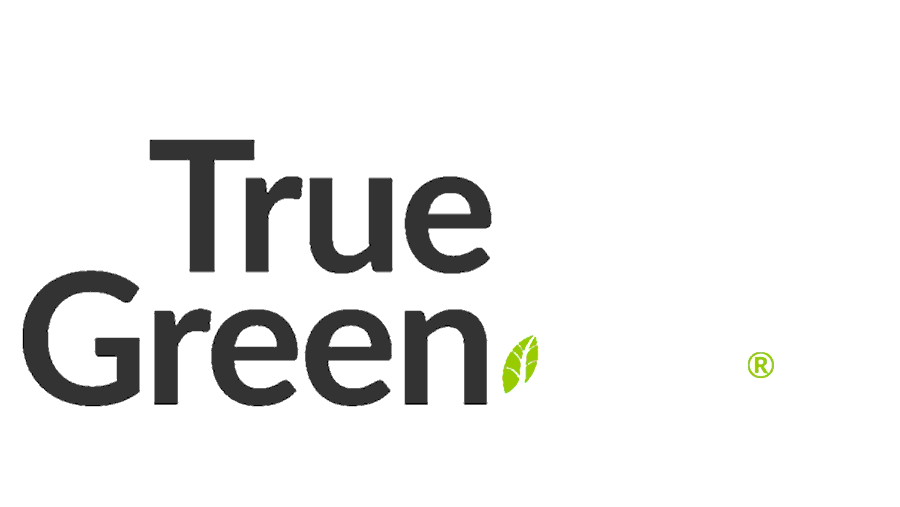Website security, including things like SSL certificates, is as important in keeping your website safe online as the locks on your door keeping your home secure.
Putting those digital locks in place tends to be an afterthought for many. Unfortunately, the reality is that any website can be the target of hackers, and no website is too small to have effective security measures like an SSL certificate installed. In fact, 61% of small businesses were hit by a successful cyberattack in the past year alone!
An SSL certificate is the first defence against hackers and is one of the easiest things you can do to help protect your website and all the data it contains. We’ll cover what SSL certificates are, how they work, as well as the benefits of having them on your website.
What is a Security Socket Layer?
SSL stands for Secure Sockets Layer, and you can identify if a website has one by looking for the lock next to the URL in your browser.
The link will also start with HTTPS, the S representing that all-important added protection. Websites with an SSL certificate are secure, meaning any information you put into it, like your email address or credit card details, will be safe from prying eyes.
It does this by creating a secure connection between the website’s server and the device you’re accessing the website from. Data can travel from that server to your phone or computer without any interruption or interference.
This is one of the many reasons it’s important for businesses of all kinds to have an SSL certificate installed. Without one, your customer’s details can become compromised and, with increasing consumer knowledge surrounding where is safe to buy from, it can also cost you business.

How does an SSL certificate work?
SSL certificates come in three forms, Extended Validation (EV SSL), Organisation Validated (OV SSL) and Domain Validated (DV SSL).
While they all offer the same level of security, each one requires slightly different verifications to acquire. At a bare minimum, for a quickly approved DV SSL, you’d need to show you own the domain of the website you want to secure. This sort of security is usually fine when you’re not handling anyone’s sensitive data.
Typically, when you’re handling personal information, you’ll want to be using either Extended or Organisation Validated to make sure nothing can slip through the cracks. The third-party will need more information from you to piece together your identity with things like your registered business name and physical address. They can then approve your certificate to prove you are who you say you are and that your website can be trusted, with the proof of that being your SSL.
Why should you make sure your SSL certificate is valid?
Aside from helping verify you’re really who your website says you are, seeing that little lock and HTTPS at the top of the web page offers a lot of benefits.
- Your information is encrypted: Your SSL ensures that the information being exchanged can only be read by the people it’s meant for. An SSL certificate randomly inserts characters into the original data and can only be deciphered using the correct encryption key.
- Offers authentication: It’s crucial that your website’s information travels to the right server free of interference. When you secure an SSL certificate, you are also given a server certificate that validates that the provided SSL certificate is authentic and issued by a trusted provider.
- You need it for compliance: With digital security at the forefront of everyone’s minds, given how much we all shop online, it’s now a must-have for any business that handles credit card payments. The Payment Card Industry requires that online businesses must have an SSL certificate with the correct encryption of a minimum of 128-bit. Without this, you can’t accept credit card details. In the long run, that’ll really limit your payment options for selling goods and services. One workaround for this is that you use a trusted online store or shopping card program that has a secure payment system that is built in.
- Helps generate customer trust: Trust is a huge component of business these days. It takes a lot to earn and is incredibly easy to lose. You can encourage customers to return by ensuring that your website looks after their interests. When customers know that their information is secure when input on your website, they’ll be more likely to come back as well to recommend you to their peers.
- Increases your search engine rank with Google: Website traffic from Google is the gold standard and goal for just about every business these days. Since 2014, Google has ranked websites with installed SSL certificates higher than those without one. In addition, Google Chrome announced in July 2018 that it will start to show all HTTP sites as not secure, regardless of whether you’re an eCommerce or data-collecting site.
- Passwords are protected: Lock up your site and make it impossible for hackers to access either the front or the back. SSL protects your passwords, including member pages and administrator logins for WordPress and Joomla.
- Web forms are secure: You might not be taking payments online, but are you collecting personal information from visitors? If the answer is yes, an SSL certificate will ensure that submitted information is not intercepted.

How do free SSL certificates compare to paid ones?
Lets Encrypt is a not for profit organisation that is passionate about securing the web. It offers websites free SSL certificates.
The SSL certificate is issued by Lets Encrypt without charge. The certificate is a domain validated certificate.
Whilst Lets Encrypt certificates offer the same encryption as paid certificates from the Domain Validated (DV) category, they do not offer much assurance for customers. The certificate does not display the individual domain name, meaning that a competitor can easily copy a site and appear as safe using one of these certificates. In addition, paid SSL certificates will sometimes offer a warranty if something goes wrong. The free certificate does not.
Paid SSL certificates also have the advantage of trust labels or badges. Many SSL certificate providers that you pay for, can provide you with a trust label to use on your website. When added, this increases the credibility of your site’s security credentials, and builds a higher level of trust with the customer visiiting.
Ready to secure your site with an SSL certificate?
Having the most secure website possible is truly vital to keeping your business running. With the increasing issues with cyber-attacks, everyone is at risk, regardless of the size of your business.
Fortunately, all clients here at True Green have access to free SSL certificates and other top-notch security measures. Plus, with daily backups and 24/7 customer service, you can rest assured that things can go right back to normal ASAP in the event of a security breach.



